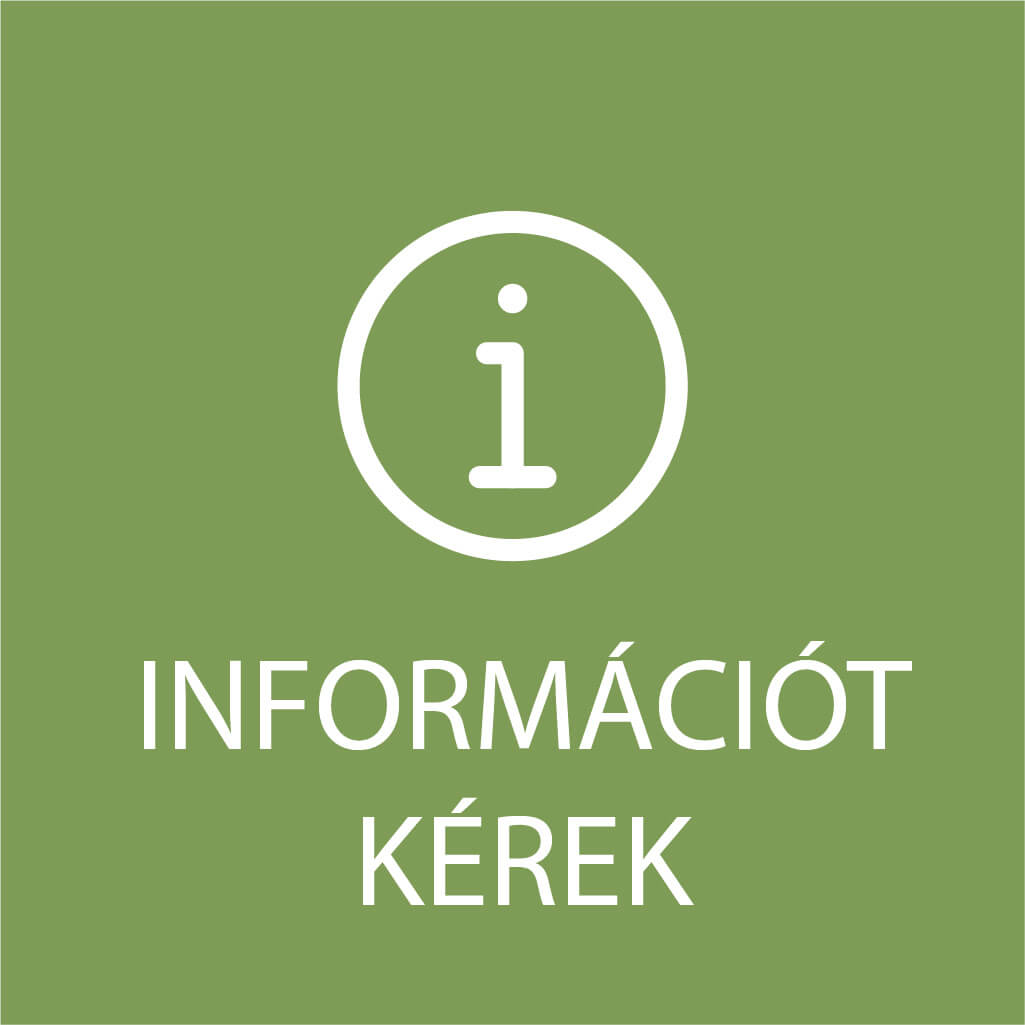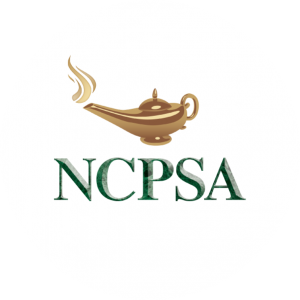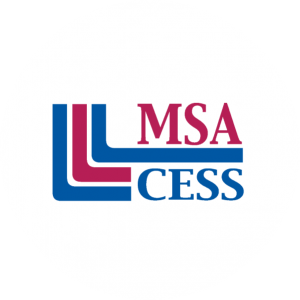Interviews, presentations, and special events like graduation are just a few of the situations where good public speaking can prove useful. To earn our diploma, all Clonlara high school students must complete a half-credit focused on this important skill.
Whether a student is excited about studying speech or anxious about completing the requirement, our teachers and advisors are here with the advice, support, and guidance to help them gain confidence before they address their audience.
Why Study Speech?
Clonlara Campus Program Teacher Olivia Breneman shares, “Many students tend to freeze up or become worried when they hear about the requirement,” so she focuses on helping to make the task less daunting before they get into the more high-pressure situations of college and work. Olivia identifies her students’ current comfort zone, then helps them to set goals for their growth during their speech course. “This could be making a goal to give their final speech presentation to our younger students or contacting their local representative about an issue they are passionate about,” she says. “In my opinion, speech isn’t about standing in front of a room of 30 people and sharing your knowledge on a specific topic. It’s about getting students to become more comfortable with public speaking.”
Guiding students in choosing an exciting topic can also make presenting feel less scary. In the past, our students have written about all sorts of things, from one student’s love of good coffee to another’s imaginary “best man” speech. Students who feel ready to present in front of a larger audience may even decide to join a Toastmasters club, debate team, Model United Nations, or enroll in community college courses to earn credit for their speech requirement. The possibilities, and all the topics that can be discussed, are truly endless!
Completing Clonlara’s Speech Requirement
In order to receive credit for a speech course, Clonlara students must
- Study famous speeches.
- Write original speeches.
- Present in front of an audience.
We encourage students to explore the many famous speeches available online. YouTube and TED Talks are great places to start. Famous speeches from history and literature can also be viewed, along with popular modern speeches.
When students are ready to start writing their own speeches, they can study many different types of oration, with a focus on the following broad categories that can help to shape their learning:
- Persuasive—Speeches that attempt to convince the audience of something using logic and reason.
- Informative—Speeches that explain or demonstrate an idea or concept to the audience.
- Special Occasion—Speeches that are often written for a specific event, like a birthday party or other gathering that requires an introduction to a specific person or topic.
Designing a speech course and speaking to an audience, no matter the size, can be challenging, but there are plenty of ways for students to share their work with others.
Students can present to their immediate family, record a speech to share with other relatives, publish a recording online, or collaborate with a community group or local library.
Tips for Delivering Great Speeches
As students become more confident public speakers, they can work on developing these specific habits: making eye contact with their audience members; speaking slowly and clearly to help their listeners understand them; using volume, tone, and body language to help emphasize the most important points. Public speaking improves with practice, so we encourage our high school students to find opportunities to present the same speech more than once to different audiences.
Remember, public speaking does not mean presenting to an audience of hundreds of people the very first time! Students can pick an audience size and setting that feels good to them and write their speeches about topics that really interest them. As students fulfill Clonlara’s speech requirement, this process will make their research and presentation a much more fun and valuable learning experience that will equip them with an important life skill!
What are some of your public speaking experiences and tips for our students? Please tell us in the comments below.







